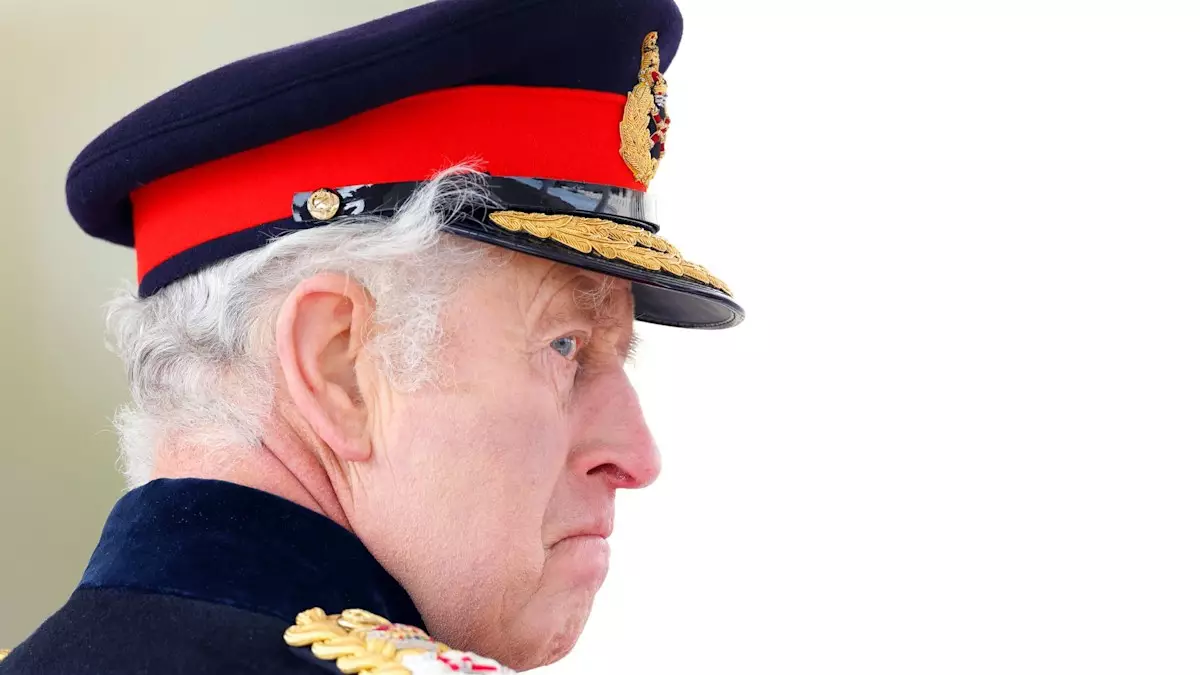In recent developments, King Charles III has found himself on a path he has historically resisted: prioritizing lunch in his daily routine. This shift comes in the backdrop of a cancer diagnosis earlier this year, prompting a reevaluation of the King’s longstanding disdain for midday meals. Historically, His Majesty has opted to forgo lunch, arguing that his demanding schedule cannot accommodate the time needed for a proper meal. These eating habits have become almost as legendary as his late mother, Queen Elizabeth II’s beloved corgis, underscoring the uniqueness of the King’s lifestyle choices.
The transition to a lunch-inclusive schedule is reportedly a response to urgent recommendations from both Queen Camilla and his medical team. They are adamant that regular meals, particularly lunch, are essential to maintaining his strength during the grueling treatment process associated with cancer. However, King Charles remains ambivalent about this adjustment. His compromise—opting for half an avocado rather than a conventional meal—speaks volumes about his struggle to adapt to a diet that supports his health. This predicament reflects the tension between personal preference and the necessity imposed by health conditions.
Experts emphasize that dietary choices can significantly impact a cancer patient’s resilience throughout treatment. While there is limited evidence linking specific foods to improved treatment outcomes, maintaining a robust nutritional profile is crucial. The NHS advocates for a balanced diet rich in proteins, carbohydrates, fats, vitamins, and minerals, recognizing that effective nutrition can bolster the immune system and promote overall well-being during challenging times. The notion of a balanced diet takes on fresh significance for King Charles, as he navigates the complexities of his diagnosis.
Beyond his current lunchtime struggles, King Charles is well-known for his unusual eating preferences, notably his affinity for soft-boiled eggs. This peculiar choice even made its way into popular culture, as depicted in Netflix’s series *The Crown*, revealing insights into the monarch’s dietary behavior through fictional narratives. Such quirks contribute to the public’s perception of the royal figure, adding layers to his personality beyond ceremonial duties.
Adding another dimension to the conversation about King Charles’ eating habits is his stepson, Tom Parker-Bowles, who provided a glimpse into the royal kitchen’s operational ethos. He highlighted a sustainable approach to cooking, where leftovers are carefully repurposed into new dishes. This practice not only minimizes waste but also supports the idea of mindful eating in a household that grapples with both tradition and modernity.
King Charles’ reluctant embrace of lunch represents a significant shift in his lifestyle, shaped by personal health challenges and familial support. As he navigates this new culinary landscape, his journey underscores a universal truth: adapting to life’s demands—especially regarding health—often requires change, even for a king.

